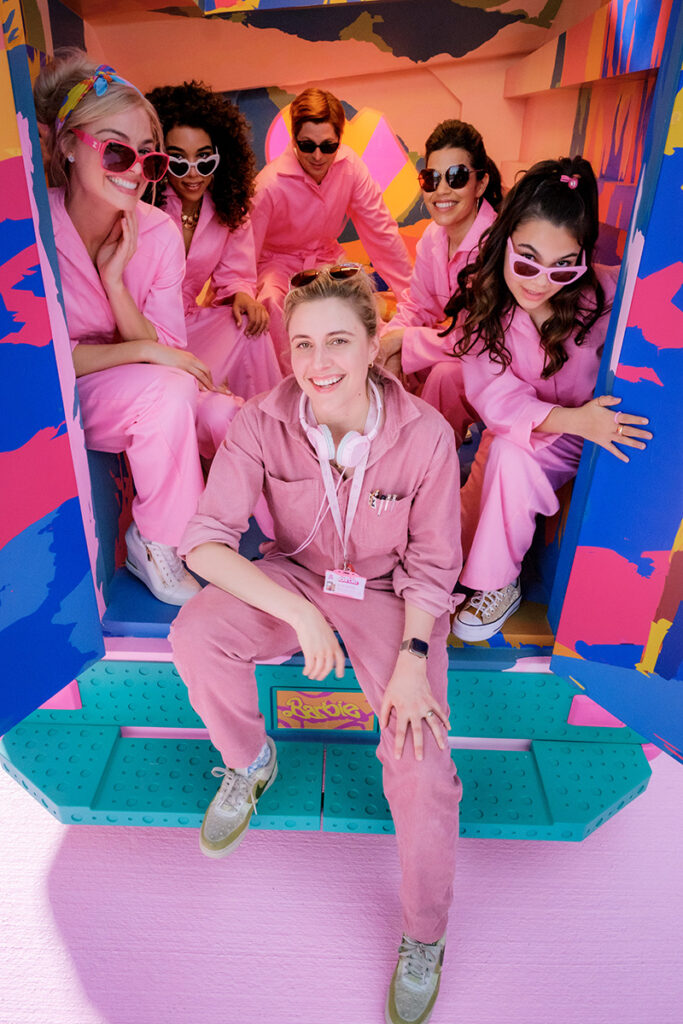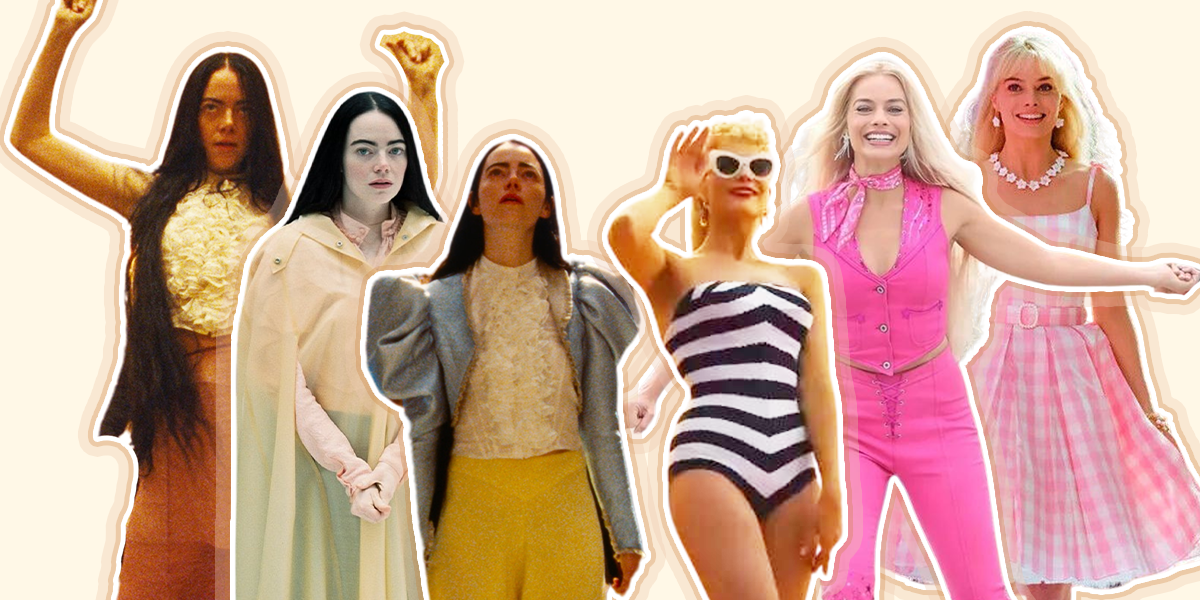Watching Barbie in 2023 was an event. I went all out in pink: clothes, makeup, post Chilis discussion drinks. I was embracing the sparkles and skirts that I’ve always loved because I thought Barbie would be a critical reimagining of what the dolls truly mean to kids (and even adults), who are trying to make sense of their gendered world.
Similarly, at the end of the year, I was so excited for the premiere of Poor Things that I went heavy-handed with the makeup brush and my stylistic choices to match what I thought the film was going to be about – a bold and brave woman exploring a patriarchal society. Although I had high expectations for both films, which are visually beautiful in their own right, I left their theaters with a pit in my stomach.
I whispered how I really felt on private Instagram stories, but I write about it now: white feminism had an uncritical influence in mass media that should be left in 2023.
To be clear, feminism to me is a movement and fight for liberation from the systems that have devalued certain perceived genders. Following Kimberlé Crenshaw’s theory of intersectionality, my feminism accounts for different realities based on the ways that people, explicitly those who are racialized, experience social justice work and visions.
And I have been entangled in these feminist fronts all of my life, from the 5-year-old who earnestly carried a copy of Little Women everywhere she went despite not understanding the words to the 23-year-old talking with 8th graders about oppression. Still feminism for me, and for anyone who embarks on it, is a struggle – otherwise, we wouldn’t need it anymore.
White feminism is at the top of my list of complaints about last year because it is about the individual, most often the white and affluent woman, gaining equality to reach the power of the white man. Equality and liberation are not the same, though. Equality in this sense reinforces the systems and structures that perpetuate racism and multiple other forms of discrimination.
As scholars like Akane Kanai show, white feminism can morph and disguise itself by vaguely using words like intersectionality, but all the same, it follows the rules of society for some to be seen as good and worthy at the expense of others. Feminism here has a finite goal, and only a few are invited to it.
Movies like Barbie and Poor Things are about women, white women primarily, navigating a confusing world where they are trapped by the contradiction of what they’re supposed to be – either doll or lady. They are not meant to truly break with the society that harms them.

Yes, both protagonists experience misogyny and triumph over their gendered roles by choosing their own destiny. But in the end, both protagonists choose society, ending their narratives by becoming “real women.” The films may venture into exposing the ridiculous nature of sexism, but they never push beyond self-aware comedy. Instead, the protagonists find peace working within our flawed system.
For example, one of the scenes from Poor Things has the lead, Bella (Emma Stone), discover the pain and death of socially disadvantaged groups – she even exclaims that she wants to help the “poor things.” Harry, the person who showed her this side of life, apologizes for being pessimistic, and Bella continues on to a narrative of intellectualism, eventually going back to the mansion that she grew up in. Despite its title, the film forgets its “poor things” and dismisses as negative the people who even slightly point out differences of power.
These movies are barely scratching the surface of feminism because they are wholly grounded in their white framing. They may critique the circumstances in which the characters are trapped but they have no interest in unlocking the cage.
Hollywood may be stuck in depicting white feminism, but I’m not. I’m leaving it behind in 2023 by seeking more radical films, yes, but also moving towards a year of critique – my resistance to these narratives will no longer be left to whispers. I’m getting loud and I hope you will too.

